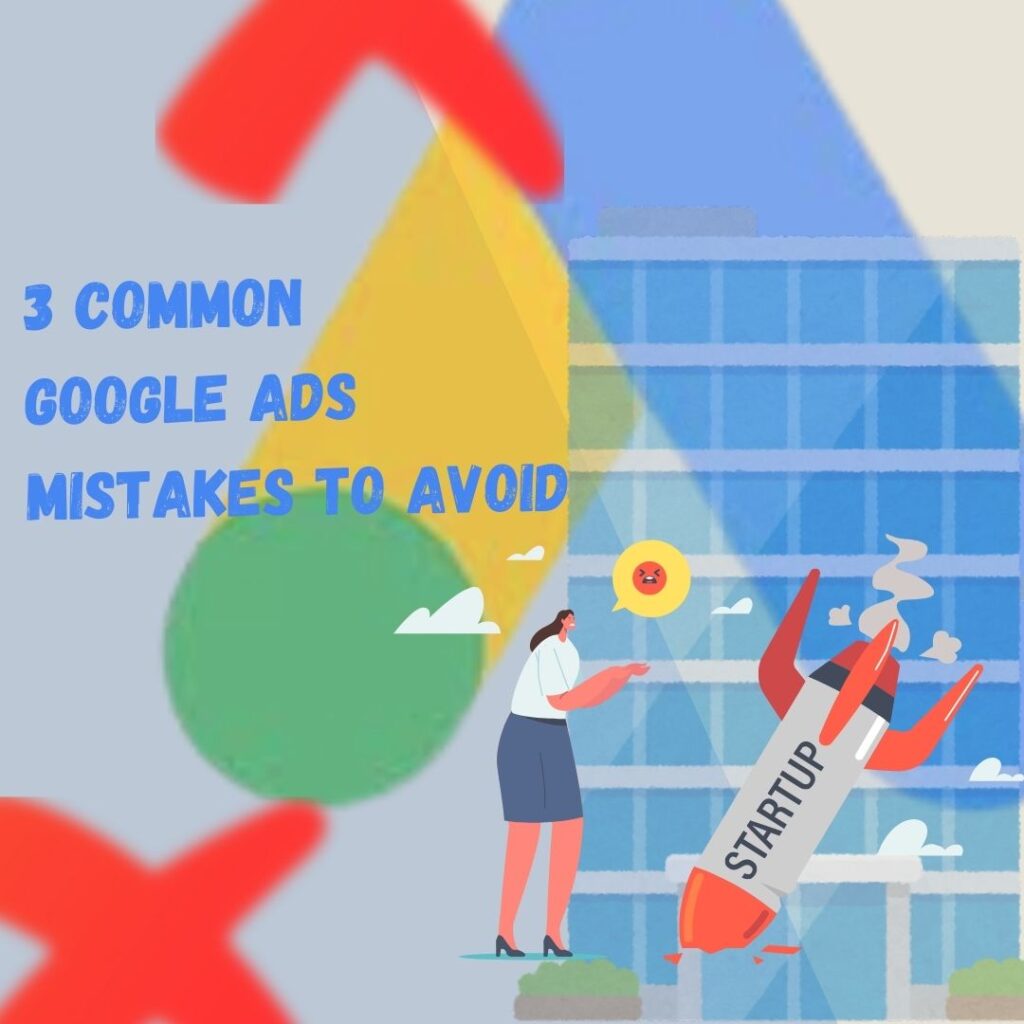1. Introduction
- Understanding the significance of Google Ads
- Importance of avoiding common mistakes
2. Mistake #1: Neglecting Keyword Research
2.1 Lack of comprehensive keyword analysis
- Impact on ad visibility and relevance
- Potential loss of targeted audience
2.2 Failure to utilize negative keywords
- Overlooking the importance of filtering out irrelevant searches
- Wasting ad budget on unproductive clicks
3. Mistake #2: Ignoring Ad Extensions
3.1 Underutilization of available extensions
- Overlooking opportunities to provide additional information
- Decreased ad visibility and click-through rates
3.2 Lack of experimentation with different extension types
- Failure to optimize ad performance
- Missing out on potential leads and conversions
4. Mistake #3: Neglecting Ad Testing and Optimization
4.1 Failure to A/B test ad copies and visuals
- Missing opportunities to improve ad relevance and effectiveness
- Inability to identify the most compelling messaging for the target audience
4.2 Ignoring data-driven optimization
- Importance of analyzing ad performance metrics
- Failure to adapt strategies based on insights gained
5. Conclusion
Avoiding common mistakes in Google Ads is crucial for maximizing the effectiveness of advertising campaigns. Create lead generation with google ads. By conducting thorough keyword research, utilizing ad extensions effectively, and continuously testing and optimizing ads, businesses can enhance their visibility, attract relevant traffic, and improve conversion rates.
6. FAQs
Q1: How can I conduct effective keyword research for Google Ads?
A1: Effective keyword research involves using tools like Google Keyword Planner to identify relevant keywords with high search volume and low competition.
Q2: What are negative keywords, and why are they important?
A2: Negative keywords are terms that you exclude from your ad campaigns to ensure your ads are not shown for irrelevant searches, thereby saving your ad budget for more valuable clicks.
Q3: How often should I test and optimize my Google Ads?
A3: It’s recommended to regularly A/B test ad copies, visuals, and targeting parameters to identify what works best for your audience and continuously optimize based on performance data.
Q4: What are some common ad extensions, and how can they benefit my campaigns?
A4: Common ad extensions include site link extensions, callout extensions, and location extensions. They provide additional information and opportunities for users to interact with your ads, increasing visibility and click-through rates.
Q5: What metrics should I monitor to evaluate the performance of my Google Ads?
A5: Key metrics to monitor include click-through rate (CTR), conversion rate, cost per conversion (CPC), and return on ad spend (ROAS). Analyzing these metrics helps in assessing the effectiveness of your ads and making data-driven optimizations.

